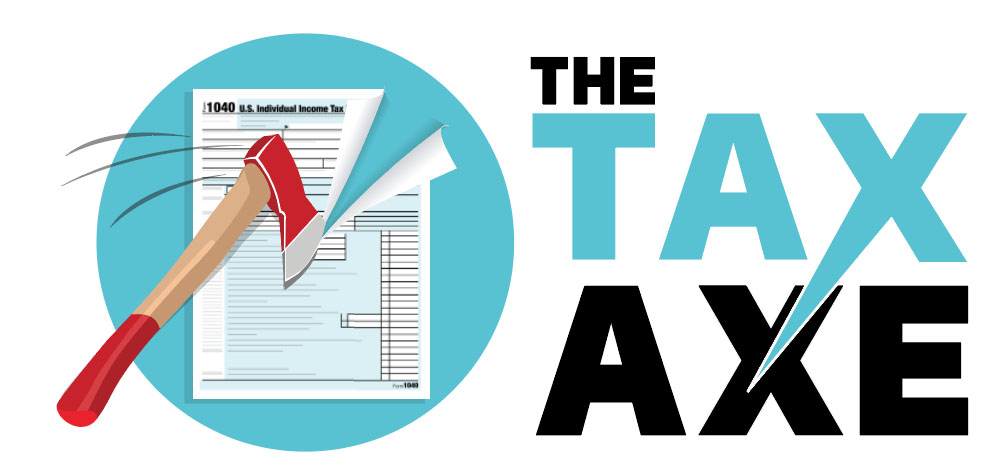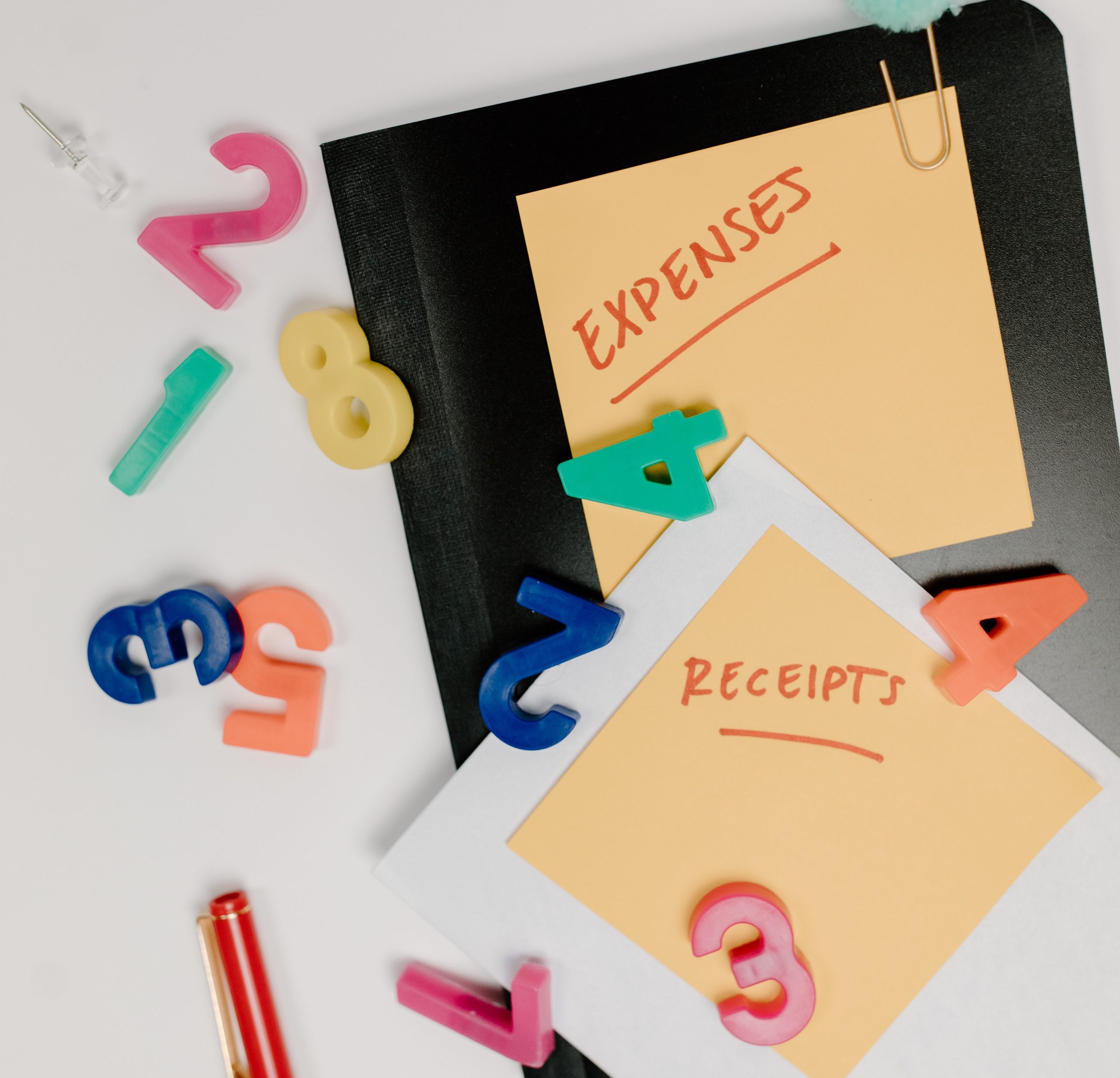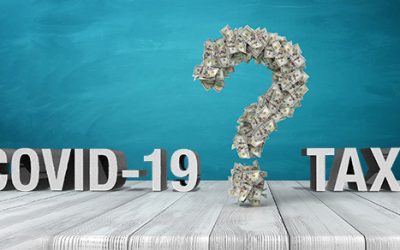It can be tough being a small business owner. Whether you are the only employee or you’ve got 25 people working for you, you want to benefit your customers, your employees, and still be able to save money to put towards yourself.
Knowing which taxes can be deducted can help a small business owner save more money in order to purchase more equipment, supplies, and pay their employees a decent wage. Here are a few tips to help you understand which items can be tax deducted and how tax deductions can help save you money.
Pay attention to your records and receipts
It’s important to know how much you are spending on which items. Keeping an organized pile of your records and receipts will ensure your tax return is correct each year. Many of the receipts you have acquired over the year can be deducted on your taxes. There are specific deductions you can receive for employing others, strengthening the economy, and improving other people’s lives.
To keep all of those records and receipts in order, tax professionals have suggested keeping important documents within a tax filing software. This will avoid the pain of having a paper trail. It is also eco-friendly and all of your files will be in one spot.
Retirement Plan
Setting up retirement plans for you and your employees may be tax deductible. Small businesses can even get a tax credit to assist in starting a retirement plan. Small business owners have multiple options when it comes to employer-sponsored retirement saving plans. This includes SIMPLE IRA, SEP IRA, 401(K), and profit-sharing plans.
Business owners who are under 50 years of age can contribute up to $5,500 (per taxpayer) to a traditional or Roth IRA retirement plan. Those over 50 can put up to $6,500 towards their retirement savings. This money isn’t taxable until the funds are withdrawn during retirement.
Deduct certain expenses
Before the end of the year, you could be entitled to a federal deduction of up to $1.04 million if you bought new or large priced equipment for your company. Section 179 allows small business owners to treat their equipment as a business expense. Due to the equipment going towards a business that means the money put towards it is also going towards the community.
As an owner, if you have a home office, the expenses related to it can also be deducted. Any expenses towards your insurance, mortgage interest payment, repairs and utilities can be subtracted from your adjusted gross income (AGI) and reduce the amount of taxes you owe.
Do you also use your personal car for your business as well? There are two types of deductions for car expenses: the IRS standard mileage rate or your actual car expenses like car insurance, gas, and repairs. Figure out the percentage of how much you use your car for your business and you can apply for both. If accepted, you can figure out which one saves you more money, maximizing your savings.
Claim all income
Every year, the IRS gets a copy of the 1099-MISC forms so they can match the income you’ve reported compared to what you actually received. Each 1099 form shows how much you have paid towards your employees.
Be aware of how much income you report to the IRS. Make sure it matches the amount of income reported in any 1099 form. The same goes for state taxes.
Separate business from personal expenses
Yes, some personal expenses could be mixed with your business expenses because one expense could be both. But be sure what you put down as a personal expense really is a business expense like utilities, insurance, software, meals, travel, and more.
If the expense isn’t going towards your business to make profit, encourage workflow, or enhance anything within your business, then it is only personal. For example, any expense going towards your home is personal, except for your home office because you use that space specifically for your business.
Net Income vs. Gross income
Gross income, or gross profits the amount you receive from selling your products or goods. For example, to make or purchase one of your items is $50. You sell that product for $75 in your store. Your gross income is $15.
Net income is the amount your company receives after your expenses are deducted from the revenue. Revenue is the amount of income generated from the sale of the product. This includes all sales, not just one.
Understanding the difference between these two will help a business owner determine how much the company is earning in profit or if they are losing money.
Donate to Charity
Giving to others in need will not only improve the values of you and your company, but it can also provide a tax deduction. The tax deduction usually equals the fair market value of the items donated.
In order to receive a tax deduction on a charitable donation, you will need to itemize your deductions by listing what you have donated and how much. If you are considering giving to charity, make sure it is a non-profit organization that is a public charity or private foundation and keep the tax receipt.
Payroll
To assist with payroll, it might be helpful to hire a reputable company like QuickBooks. Most payroll software companies keep track of your employees checks and hours, exports reports to accounting, and assists with payroll taxes.
Payroll taxes are social security and Medicare taxes. Every paycheck, these taxes are taken out before an employee receives their check. Together, they make Federal Insurance Contributions Act tax.
Half of the FICA tax is withheld from employee’s wages and the other half go towards you, the employer.
If you are self-employed and have no employees, you pay payroll taxes, but they are considered as self-employment taxes instead. Make sure you hold back some profit not only for equipment and supplies, but for taxes as well.
Being a boss of a small business can be a bit of a struggle. Following these tips will help reduce the stress of keeping track of everything tax related. If you need some more assistance with tax information, click here to get a better understanding on how taxes affect small businesses.



